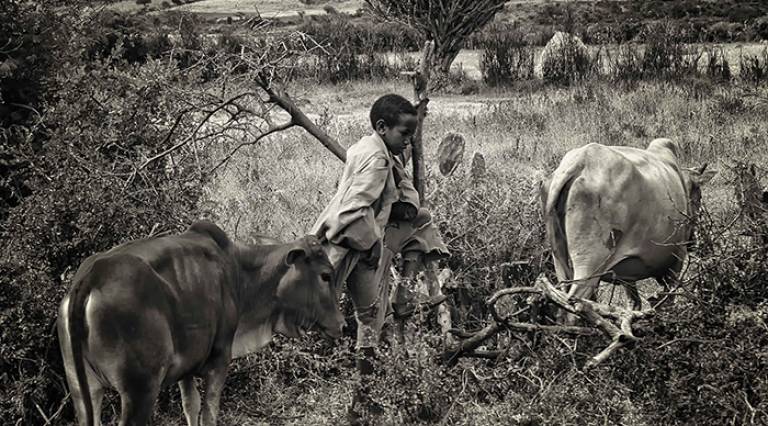Reducing zoonotic risks: implications for policy and planning
16 December 2021, 4:00 pm–6:00 pm

A joint event from the Institute for Global Prosperity (IGP) and the The Bartlett Development Planning Unit (DPU)
This event is free.
Event Information
Open to
- All
Availability
- Yes
Cost
- Free
Organiser
-
Institute for Global Prosperity
The Speakers:
Professor James Wood (University of Cambridge) and Professor Eric Fevre (University of Liverpool)
Professor James Wood is Head of the Department of Veterinary Medicine. He is a veterinary epidemiologist and joined the Department in Cambridge in 2005, initially as Director of the Cambridge Infectious Diseases Consortium, prior to appointment as Alborada Professor of Equine and Farm Animal Science in 2009. He studies the dynamics of emerging infectious diseases, including viral infections of fruit bats in West Africa, focused in Ghana, mammalian influenza, rabies and bovine tuberculosis. Funders include BBSRC, EU FP7 (Antigone Consortium), ESPA, Defra, the RAPIDD program of the Science and Technology Directorate, Department of Homeland Security, Fogarty International Centre, National Institute of Health and the Alborada Trust.
Professor Eric Fevre is a joint appointee at ILRI and Professor of Veterinary Infectious Diseases at the Institute of Infection and Global Health (IGH), University of Liverpool. He manages several field-orientated projects where he leads the research activity on neglected zoonoses on behalf of the CGIAR Research Program on Agriculture for Nutrition and Health. He leads a ~25-strong team of epidemiologists, biologists, veterinarians and medical practitioners interested in the biology and control of (re-)emerging diseases, particularly zoonoses, with a focus on understanding the factors involved in emergence, risk, transmission, persistence, spread, and disease burden of pathogens in both human and animal populations. His team also has a strong interest in understanding the influence of the physical environment on pathogen transmission, and they conduct field studies to acquire a wider understanding of pathogen epidemiology, using this information to inform policy on optimal and cost-effective methods of disease control.
 Close
Close

